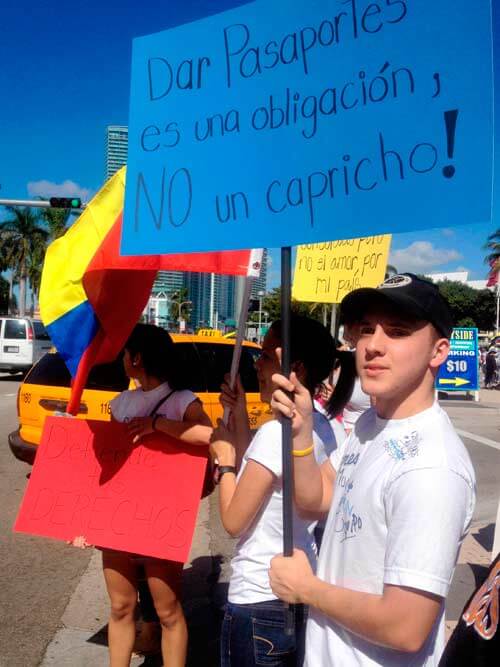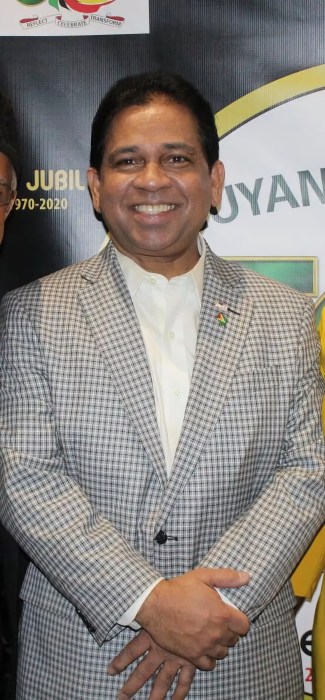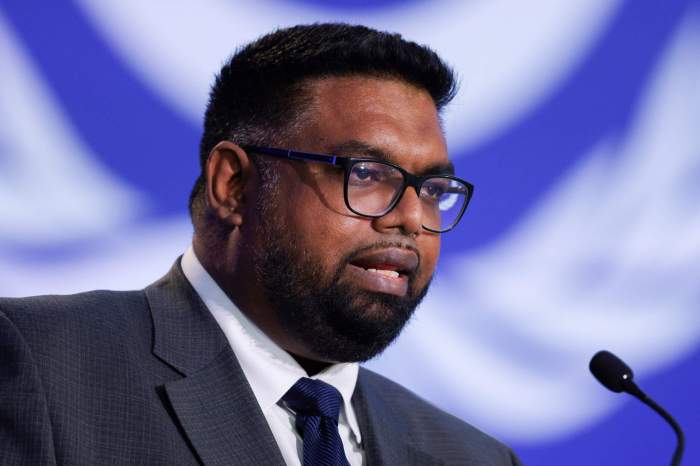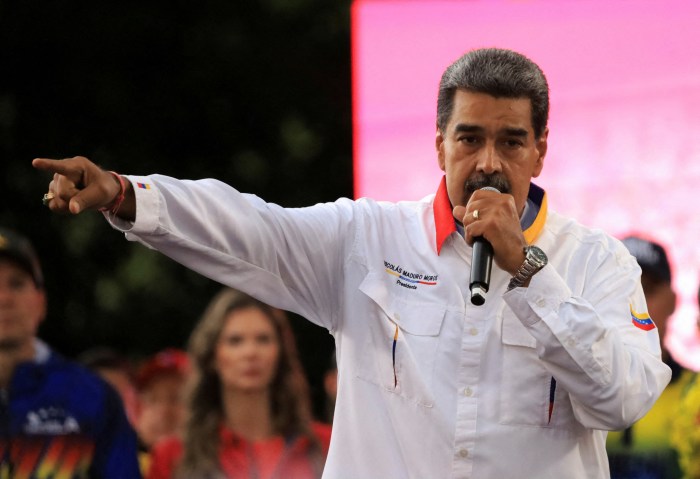MIAMI (AP) — At a park in downtown Miami, alongside a statue of their country’s liberator, Venezuelans gathered Saturday to protest the closing of their consulate, an action they say will cause major problems for the thousands of Venezuelans living in Florida, Georgia and the Carolinas.
Children, students, worried parents and elderly persons held up signs denouncing Venezuelan President Hugo Chavez’s decision to close the Miami office following the expulsion of Consul General Livia Acosta Noguera.
“Issuing passports is an obligation, not a caprice,” read one sign.
“Chavez: How will I vote for you now?” read another.
“The measure they took is not affecting the United States, but the Venezuelans,” said 23-year-old Mario Di Giovanni, an economics student at Florida International University who helped organize the protest.
Washington ordered Acosta to leave the U.S. after an FBI investigation into allegations she had discussed a possible cyber-attack on the U.S. government while working at the Venezuelan Embassy in Mexico. The allegations were detailed in a documentary aired by Spanish-language broadcaster Univision and based on recordings of conversations with Acosta and other officials. The documentary alleges Cuban and Iranian diplomatic missions were involved.
Chavez has said there is no proof Acosta was “going around carrying out espionage,” and that the South American government decided on an “administrative closing of the consulate while we study the decision.” Consulate workers were then quickly withdrawn after the foreign ministry alleged personnel had been threatened by exiles with links to terrorism. The accused exiles reject the charges.
Di Giovanni and others said the closure will be highly disruptive for the estimated 160,000 Venezuelans living in Florida, where the largest community of those living outside the country is located. The growing population here depends on the consulate to renew passports, receive pensions, and transfer Venezuelan bolivars into dollars to pay U.S. university tuition, among other activities.
“There are a lot of things necessary for the day-to-day life of Venezuelans here that cannot be done now that we don’t have the consulate,” Di Giovanni said.
Venezuelans here are also concerned about how they will register to vote and participate in the coming presidential elections, in which Chavez is seeking another six-year term. Venezuela’s National Electoral Council has guaranteed that Venezuelans living in Florida will be able to vote in the Feb. 12 opposition primary, though protesters said they had not been given any information.
About three-fourths of the 15,800 Venezuelans in the United States who voted in the last presidential election did so at the Miami consulate.
“I want to vote and I don’t have a place to register,” said Helen Avila, 32, who went to the protest carrying her two young children in a stroller.
Brigitte Jaffe said she’s worried she won’t be able to travel back to visit family in Venezuela. Her passport needs to be renewed this year.
“It’s very sad not to be able to go,” she said.
There are other Venezuelan consulates in the United States, but the nearest ones to Florida are in New Orleans, Houston and Washington — a distance some said would be cost-prohibitive.
More than 100 protesters gathered at the downtown Bayfront Park, where a statue of Latin American hero Simon Bolivar was decorated with a Venezuelan flag. A sign that said “More than 160,000 affected” was placed at his feet. Pieces of white paper with the words “Your Rights” were taped to the ground.
“This is not against the government or supporting any types of political parties, but asking for our rights as Venezuelans to be defended,” Di Giovanni said.
For Maria Luisa Valery, the closure marks one more tie that will be strained as she attempts to keep her family united. Valery sent her two daughters to study abroad because of insecurity back home. She still lives in Venezuela, but was visiting them in Miami during Saturday’s protest.
Boarding the plane back to Venezuela will be “incredibly painful,” she said.
“It’s one of the hardest things,” Valery said.























